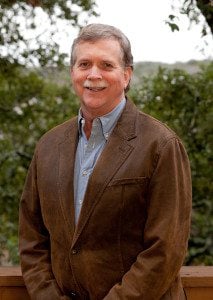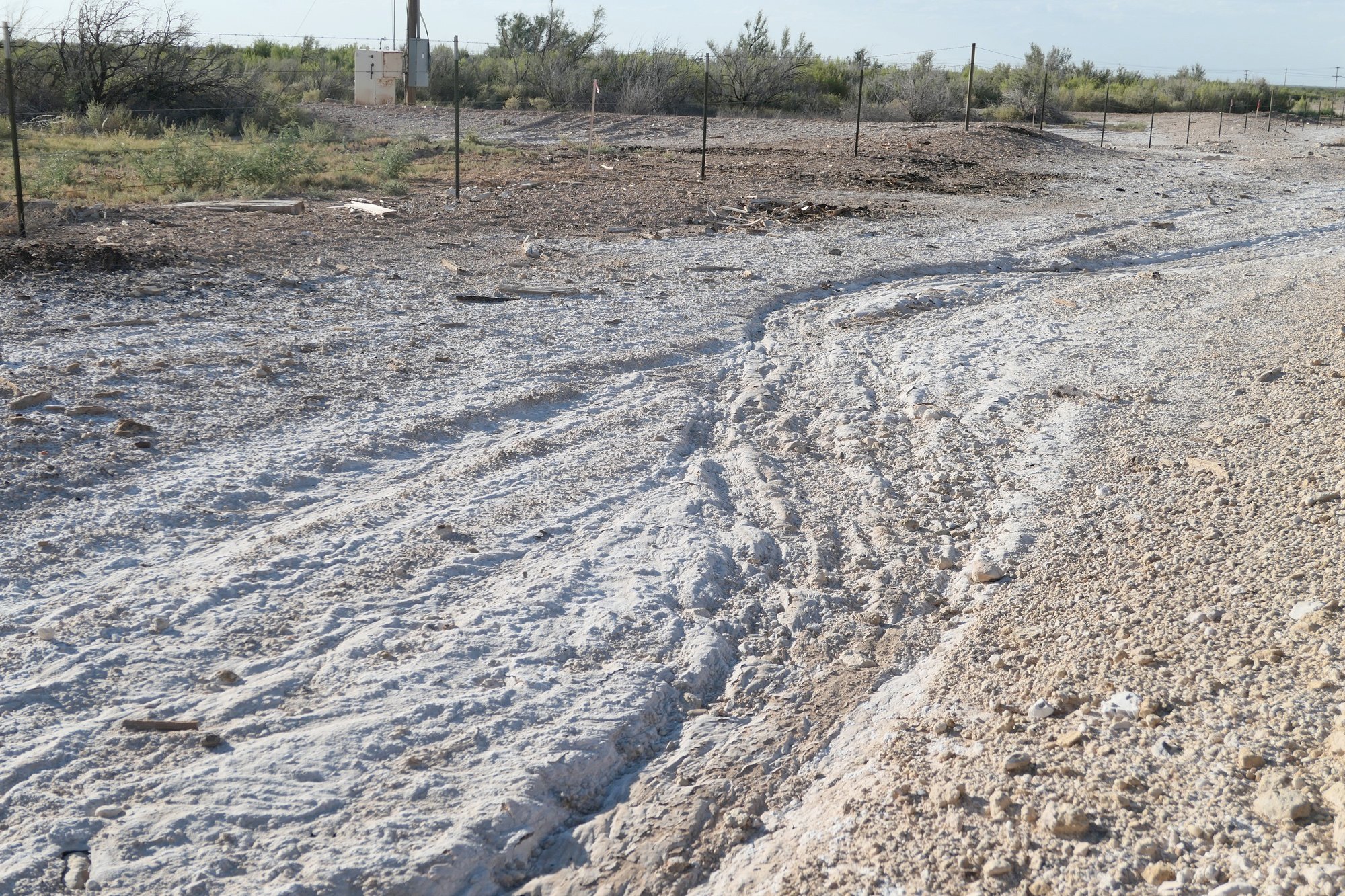
Lon Burnam Missed the Railroad Runoff. What Happened?
The former Fort Worth Democrat had major newspaper endorsements, environmental groups’ support and outspent his opponents, only to lose by double-digits.

Above: Former Fort Worth state Representative Lon Burnam, who was the frontrunner in the Democratic primary race for the Texas Railroad Commission. Until he wasn't.

In a Super Tuesday upset, the Democratic candidate widely believed to be the frontrunner in the primary contest for a Texas Railroad Commission seat didn’t even make the runoff.
Former nine-term Fort Worth state Representative Lon Burnam had the backing of major environmental groups and raised more money than both his opponents combined. He was running for a position on the three-seat Railroad Commission, a state agency that has nothing to do with trains, but which oversees the Texas’ powerful fossil fuel industries.
.
On Tuesday, Burnam secured just 24.89 percent of the vote, losing out by 15 and 10 percentage points to Grady Yarbrough and Cody Garrett, respectively. Garrett is a former journalist and Yarbrough, 75, is a retired school teacher who doesn’t have a campaign website or social media presence. Neither was seen as serious candidates by those who closely follow Texas energy and environmental issues.
Burnam, on the other hand, had endorsements from almost every major environmental group in the state, as well as leading newspapers, including the Dallas Morning News, Houston Chronicle and the San Antonio Express-News.
Burnam spent years in the Legislature and was well-known in political circles. On the issues, he had plenty of common ground with the environmental organizations. On the campaign trail, Burnam said the RRC needed to enforce tougher penalties on operators engaging in illegal activity and protect the interests of the public over that of the oil and gas industry. On fracking in urban areas, he believed the RRC alone should not have regulatory authority, and that local governments should have a say in setting policies. He also agreed with environmental groups that the link between fracking wastewater injection and earthquakes is clear. And he made changing the RRC’s name to Texas Energy Commission a key part of his campaign, as a first step toward the transparency he’s said the agency lacks.
Burnam’s defeat on Tuesday was both a shock and a blow to his supporters.
“We don’t endorse many candidates in the primaries, but the Sierra Club endorsed him wholeheartedly based on his environmental record,” said Reggie James, director of the Sierra Club’s Lone Star chapter. “I’m very disappointed.”
Environment Texas’ director Luke Metzger echoed James’ sentiments.
“I was completely surprised by the results,” he said. “Based on his long track record of progressive activism in the Legislature, combined with all the endorsements, I thought he was going to coast [into] the nomination.”
Voters don’t often pay close attention to down-ballot races, and qualified candidates in those races run the risk of being out-maneuvered by inexperienced candidates and the influence of sheer chance. Metzger and James said they suspect Yarbrough secured the most votes on name misrecognition alone. Many older voters may have associated Yarbrough with the late Ralph Yarborough, the longtime U.S. senator, or Don Yarborough, who ran for governor in the 1960s.
In 2014, a similar situation played out in the race for agriculture commissioner. In Texas’ Democratic primaries, Hugh Fitzsimons, a Dimmit County rancher, seemed to be most likely to win the nomination. But on election night, Fitzsimons lost to popular singer and humorist Kinky Friedman and farmer Jim Hogan, both of whom had done little campaigning. Fitzsimons didn’t make the runoff. The position was eventually filled by tea party darling Sid Miller, who last year spent $55,000 of his own campaign funds buying taxidermy decor and other Wild West ephemera for his office.
“I was fearful of this for Lon because he has a name that not a lot people can relate to,” Fitzsimons told the Observer. “All he had was the qualifications. That’s the tragedy.”
Burnam and the other candidates also had little time to campaign. Current RRC chairman David Porter unexpectedly withdrew his bid for re-election in December, giving candidates about three months to canvass. That’s one reason both primaries have resulted in runoffs, Burnam’s supporters said.
Even if Burnam had secured the Democratic nomination, he would have faced an uphill battle in the general election, where no Democrat has secured statewide office in more than two decades.
Still, Burnam’s supporters said his campaign would have helped energize Democrats around energy and environment issues. And a strong Burnam campaign could have pushed the Republican nominee to hone their message on the role of the RRC in safeguarding the public’s interests.
Reggie James, the Sierra Club director, said he thought Burnam might even have had a shot in the general election.
“I don’t think I’m being a Pollyanna… If media had picked up on this misnamed agency, with responsible journalism, Lon could have had a chance,” he said. “Maybe it’s just wishful thinking.”


